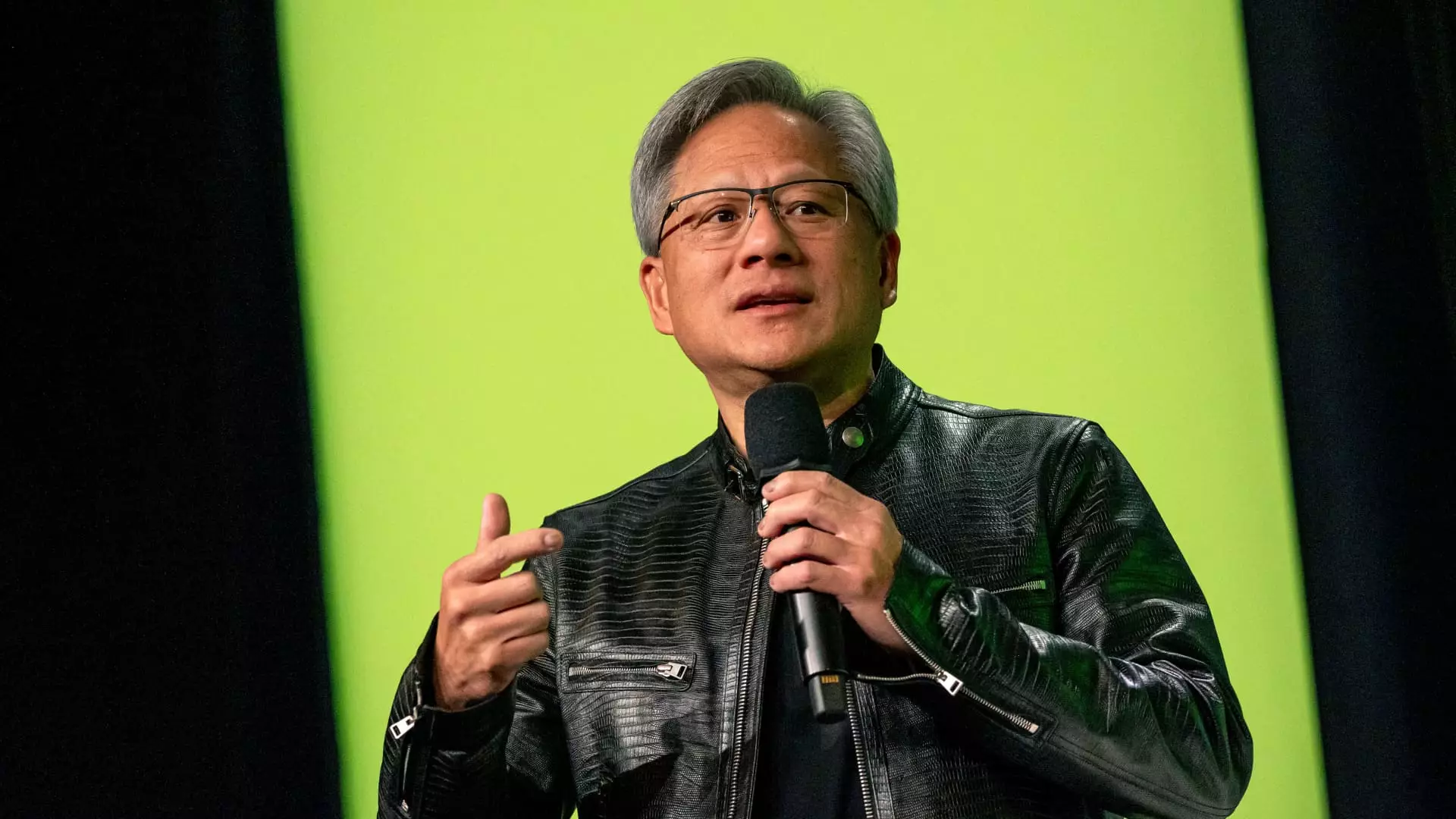In a surprising move, Nvidia CEO Jensen Huang unveiled the company’s next generation of artificial intelligence chips, named “Rubin,” just months after the announcement of the “Blackwell” model. The announcement took place ahead of the COMPUTEX tech conference in Taipei, marking a significant advancement in AI chip technology by Nvidia.
With the introduction of Rubin, Nvidia has emphasized its commitment to a faster pace of AI chip development, moving from a two-year update timeline to a yearly rhythm. This rapid progression underscores the competitive nature of the AI chip market and Nvidia’s determination to maintain its leading position in the industry.
While Nvidia faces competition from major players like AMD and Intel, as well as tech giants such as Microsoft, Google, and Amazon, the company remains focused on pushing the boundaries of what is possible with AI and accelerated computing. The emergence of startups in the AI chip space further intensifies the competitive landscape, challenging Nvidia to continue innovating and staying ahead of the curve.
The Rubin chip platform introduces new GPUs and a central processor named “Vera,” enhancing the graphic processing capabilities essential for training and launching AI systems. While specific details about these features were not disclosed during the announcement, the potential impact of these advancements on AI technology is evident.
Following the announcement, Nvidia’s stock price remained relatively flat, reflecting market stability and investor confidence in the company’s strategic direction. With shares trading at $1,096 at the close of the market on Friday, Nvidia’s position in the AI chip market appears strong despite increasing competition and technological advancements by rival companies.
Overall, Nvidia’s unveiling of the Rubin AI chip represents a significant leap forward in AI technology, highlighting the company’s determination to drive the next wave of technological advancement. As the industry continues to evolve, Nvidia’s innovative approach and commitment to pushing the boundaries of AI computing position the company as a key player in shaping the future of artificial intelligence.

